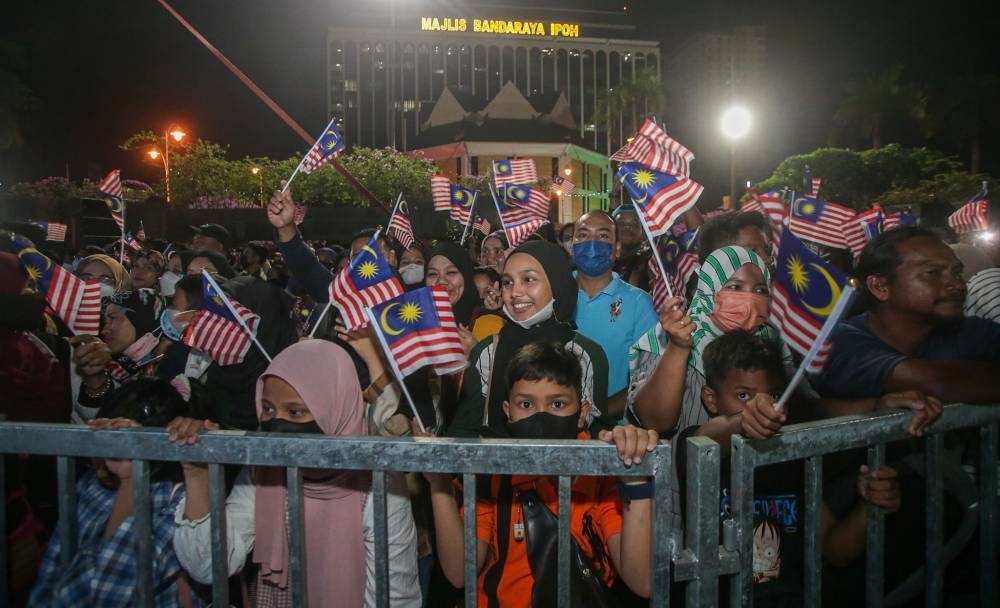AUGUST 31 — I think a lot about the quote attributed to Soren Kierkegaard: “Life can only be understood backwards, but it must be lived forwards.”
The internet decided to educate me about it, however. It is actually an abbreviated version of a longer journal entry that shows Kierkegaard said something rather different.
What he said (wrote) is as follows: “It is quite true what philosophy says, that life must be understood backward. But then one forgets the other principle, that it must be lived forward. Which principle, the more one thinks it through, ends exactly with temporal life never being able to be properly understood, precisely because I can at no instant find complete rest to adopt the position: backward.”
I would personally interpret it as Kiekergaard’s musing on the complexity of trying to make sense of life while, at the same time, trying to actually live it.
We learn much from understanding history but studying it and dwelling on it are two very different things.
I find the latter a very troubling phenomenon in Malaysia where we see groups who push doctored narratives of the past in an effort to influence the present.
It is even more unsettling that history is twisted to propagate false narratives that demean some to supposedly uplift others.
Much as my father likes reminding his children that we are descended from warriors, I think it is far less important for a people to care about who they were than who they are now.

This romanticising of fallen kingdoms and ancient struggles is dangerous. The countries who have prospered most have one thing in common — a willingness to embrace change.
What is most tiresome for me in this country is that so many people fight not for a new future or possibilities but to preserve the status quo.
Yet it cannot be denied that so much has changed in a shorter time than I would have imagined or perhaps many of us could have foreseen.
The trap many people fall into when it comes to change is into thinking that we can force it to adhere to tidy roadmaps and deadlines.
That is not the nature of change. Change itself embodies chaos and a resistance to predictability.
Yet when I look back at my own career, the many stumbles and starts, the various leaps of faith as I attempted to find the doors that would open for me instead of weeping over the ones that wouldn’t, I have come a lot further than I thought I would.
My life is nothing like I hoped and yet still better than I have ever dreamed.
It is an analogy that could be applied to Malaysia. My generation was haunted by the spectres of the ISA, troubled by bogeymen who whispered of cells with no windows and of the crimes of having unacceptable opinions.
Now those spectres are easily blocked on Facebook. Where once Malaysians only groused about the government in hushed tones at the kopitiam, they now send daily submissions to the papers, expressing dissent and dissatisfaction.
For better or for worse, Malaysians are beginning to realise they have a voice and that collectively they have more power than they once realised.
Some are not quite as ready for the consequences.
People who seem docile in person become raging firestarters online and then act surprised when the police show up at their doors for making “seditious” remarks.
The Sedition Act is something that should have been torched a long time ago and still is wielded as a weapon where it should not even exist.
What has changed then? Malaysians have become a lot more aware of themselves, of current affairs and are more demanding of what they think they deserve.
You can see some of that in Google Reviews and honestly some Malaysians are so nitpicky that I have resolved to never go into the food business, seeing as how some Malaysians will give you a bad review just because waiters were not friendly enough.
Malaysians are now wanting to “speak to the manager” when it comes to more than just food but they are also handily realising that in the case of our government, they were the ones who actually hired the manager.
Food analogies aside, considering we haven’t had riot police, water cannons and threats of shutting down papers for years now, we are in a much better place where online expression is concerned.
I had thought growing older would make me more cynical but the years have instead shown me that change may not be predictable but it sure is possible.
My Merdeka wish is for Malaysians to be one day, unfettered from the chains of the past and willing to imagine a new future where every single one of us has an equal voice at the table.
Selamat Hari Merdeka, Malaysia.
*This is the personal opinion of the columnist.






















